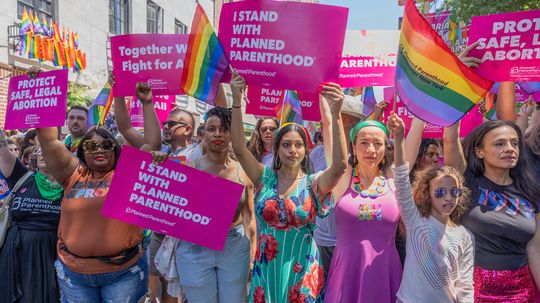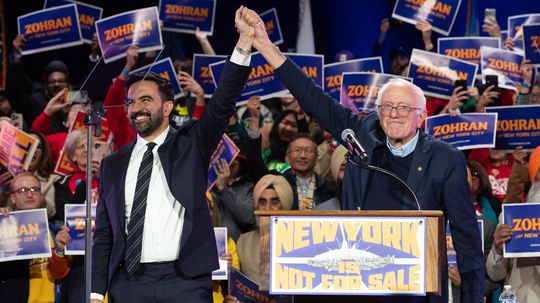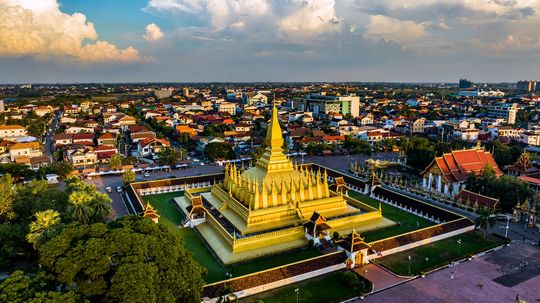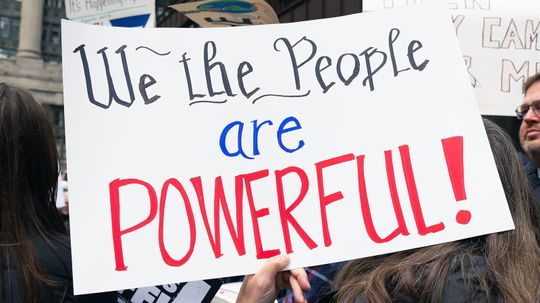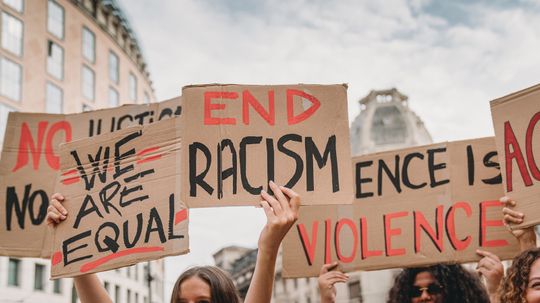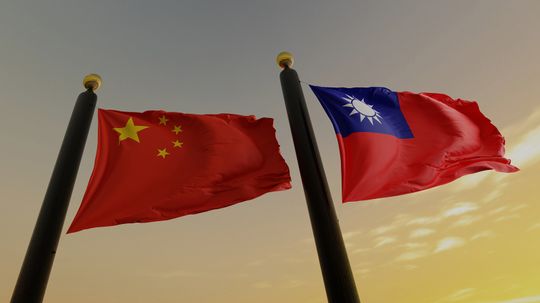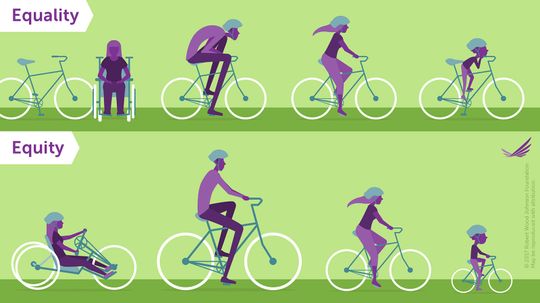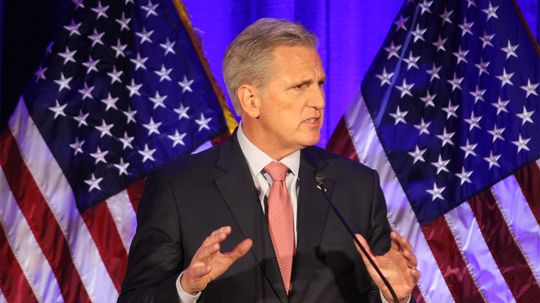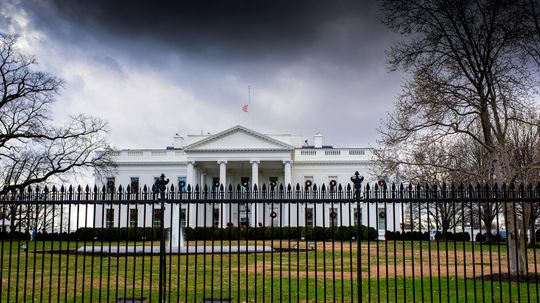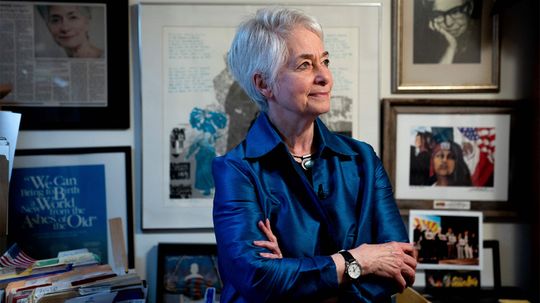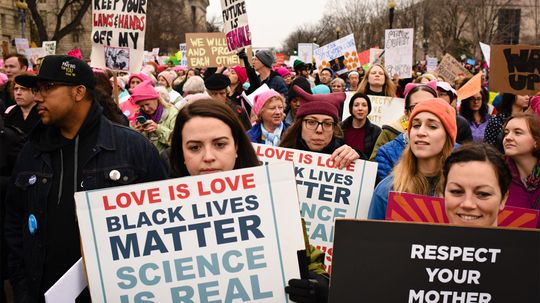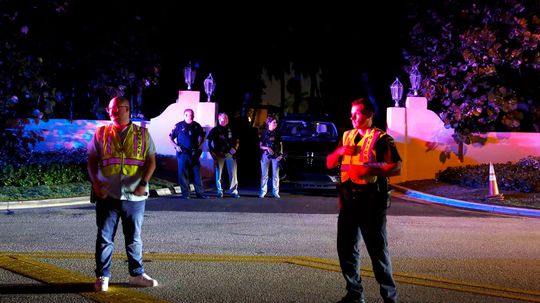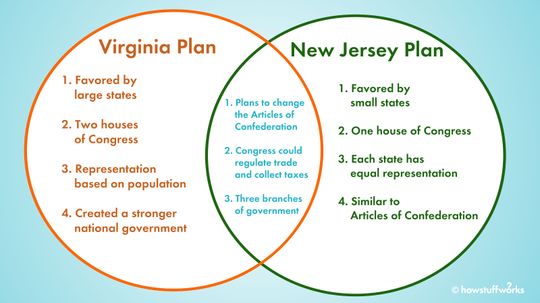Political Issues
The Political Issues Channel discusses hot topics and important political issues such as conventions, scandals and theories.

What Is a Postal Code? A Brief History of Zip Codes

From Human Skulls to Handguns, the Paris Lost and Found Has Seen It All
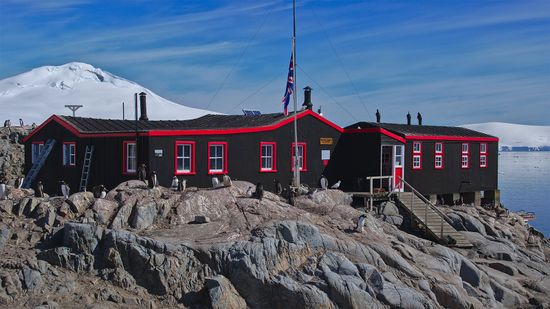
Running Antarctica's 'Penguin Post Office': Coolest Job Ever?

How Athenian Democracy Laid the Foundation for Modern Voting
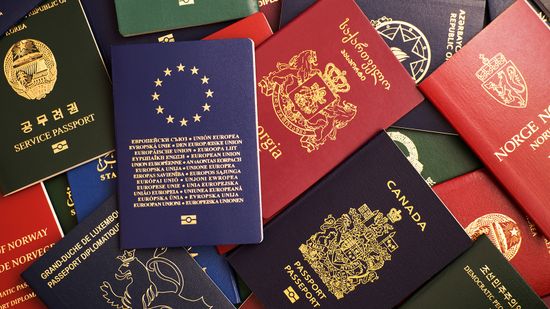
6 Easiest Countries to Get Citizenship

The Most Powerful Passport Comes From a Nation State
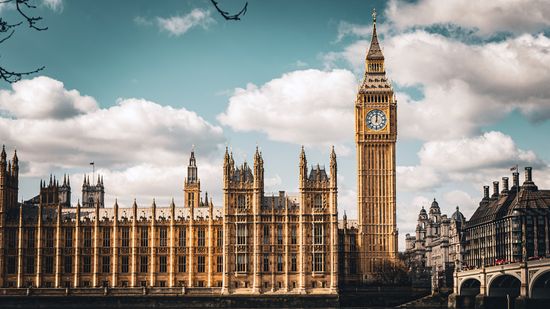
Parliamentary Democracy, Explained Simply
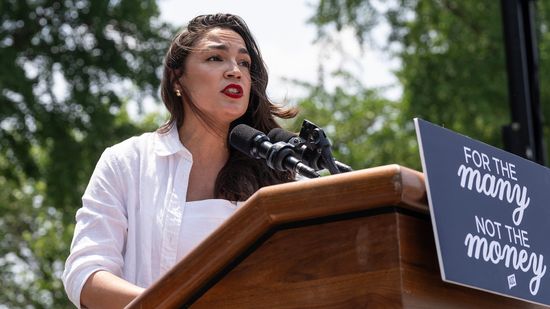
Representative Democracy: How It Started and How It's Going
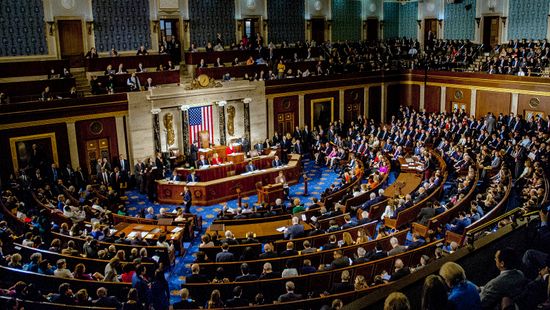
10 States With the Most Electoral Votes: NY's Fall to No. 4
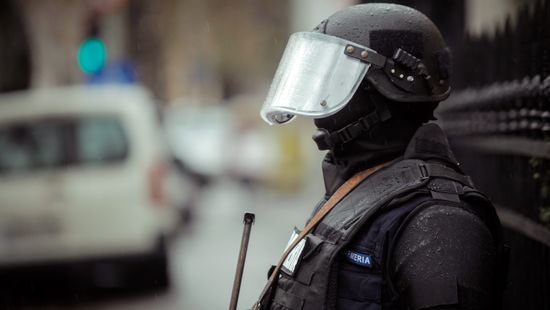
The Safest Place During Martial Law Depends on Your Resources

Is the U.S. Prepared to Handle Natural Disasters During the COVID-19 Pandemic?
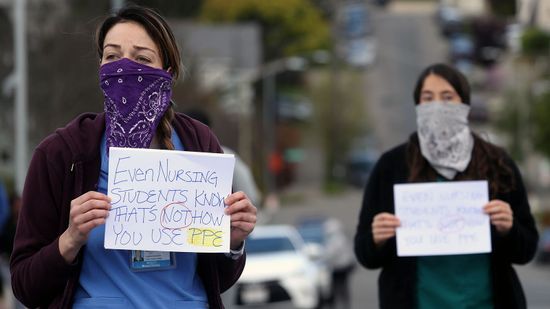
The Defense Production Act Was Designed for Emergencies Like Coronavirus
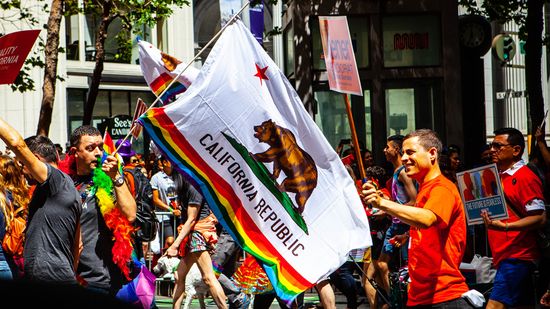
8 Most Liberal Cities in the U.S., Including 2 Not on the Coasts

7 Fastest-growing Cities in the U.S.: San Antonio, Phoenix, and More

10 Seattle Neighborhoods to Settle Into
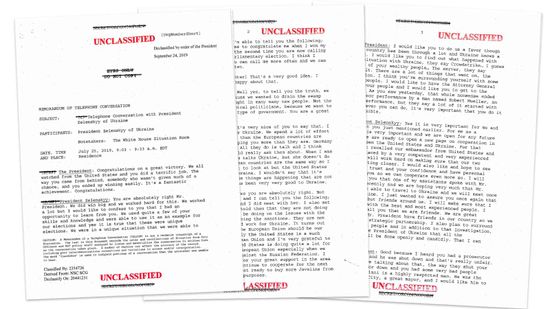
How Does the U.S. Government Declassify Top Secret Documents?
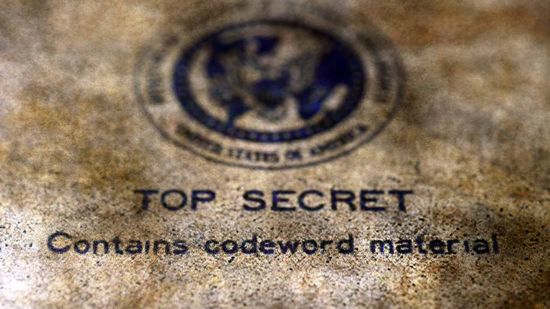
How Does the U.S. Classify Its Most Sensitive Documents?
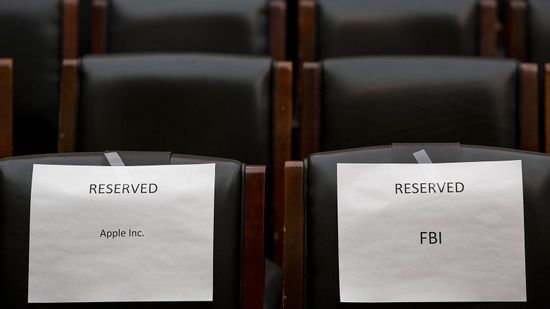
Why Data Encryption Remains a Really Complex Issue
Learn More
The pluralist democracy model explains how power spreads across many groups rather than resting in one place.
Abortion-friendly states are where abortion access is protected by law after the Supreme Court overturned Roe.
When it comes to gender equality, peace, and safety, some nations go above and beyond. The best countries for women offer security, inclusion, and opportunities across societal levels.
Advertisement
In U.S. politics, the term "democratic socialist" appears more often in headlines, especially with the rise of the Democratic Socialists of America (DSA).
New York City just elected a new mayor who proudly identifies as a democratic socialist. That label can spark curiosity or confusion depending on who you ask. So, what is a democratic socialist, exactly?
Some countries lean so far into liberal values that it shapes everything from healthcare to who gets a say in government. When we talk about the most liberal countries, we're talking about places where civil liberties, social progress, and personal freedoms aren't just ideals: They're built into daily life.
Democracy may be a familiar concept, but what makes a country truly democratic? According to the Democracy Index, compiled by the Economist Intelligence Unit, the answer lies in more than just free and fair elections. It includes civil liberties, political participation, and the functioning of government.
Advertisement
When people talk about socialist countries, they often picture full government control and no private ownership. But in practice, socialist economies vary widely.
People often use "leftist" and "liberal" like they mean the same thing. But in political science, that’s a bit like calling all rectangles squares. The ideas, goals, and methods of leftist vs. liberal politics differ in important ways.
What do you get when you mix a market economy with a strong commitment to equality, social justice, and democracy? You get social democracies and democratic socialist countries, and they come in a surprising variety.
Greenland is one of the most unique places on Earth, and it often sparks a big geographical question: Is Greenland part of North America?
Advertisement
In order to measure the most corrupt countries in the world, it's important to first understand what makes a country corrupt. According to Transparency International, a global coalition against corruption, corruption is "the abuse of entrusted power for private gain."
By Ada Tseng
Assessing racial equity globally is complex, involving policies, cultural attitudes and systemic issues that impact minority communities differently across regions.
Defining what is and isn't a country is a lot more complicated than many people would realize. Is Taiwan a country or part of the People's Republic of China?
While the words "equality" and "equity" sound alike, the meanings are quite different. Here's what they stand for and why it matters.
By Dave Roos
Advertisement
The Comstock Act, pulled out of Victorian-era mothballs, is suddenly in the public spotlight, and has become the newest weapon in the fight against legal abortion in the U.S.
The speaker of the House occupies a central role in our government, but what exactly does the job entail?
Every few years, a group of White House historians and scholars rank America's presidents in order. The "winner" of the worst president ever category has been pretty consistent.
By Kate Morgan
With abortion rights under attack today, we take a look back at the days when safe abortions were nearly nonexistent and at the collective of women who stepped in to provide them.
By Kate Morgan
Advertisement
After only 44 days in office, Liz Truss has resigned as British prime minister. What does this mean for the future of the U.K. and who will take her place?
Chosen by the Conservative Party, Liz Truss succeeds Boris Johnson to become the U.K's prime minister, the 15th to serve under Queen Elizabeth.
Is it millions of marchers with clever signs and slogans, or does effective protest take more than just raised voices and collective outrage?
The FBI searched Mar-a-Lago for missing White House documents on behalf of the National Archives. How did they even know what to look for?
Advertisement
When the Articles of Confederation failed, the Constitutional Convention of 1787 became a contest between large states and small states for equal representation.
The battle over abortion in the United States rages on. Will abortion rights decisions be moved to the states if the leaked Alito opinion is adopted by the Supreme Court?

